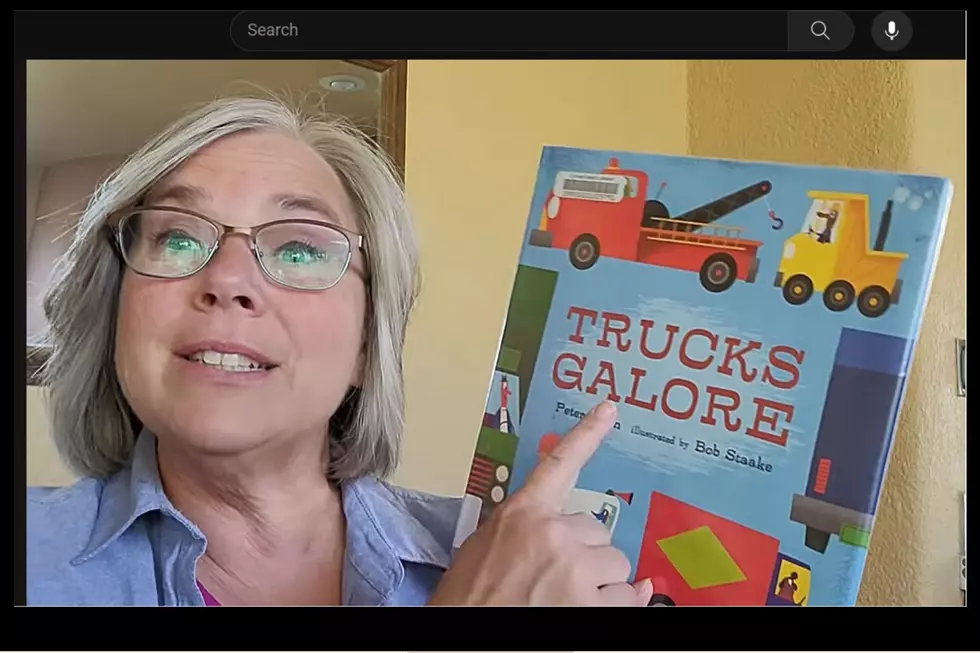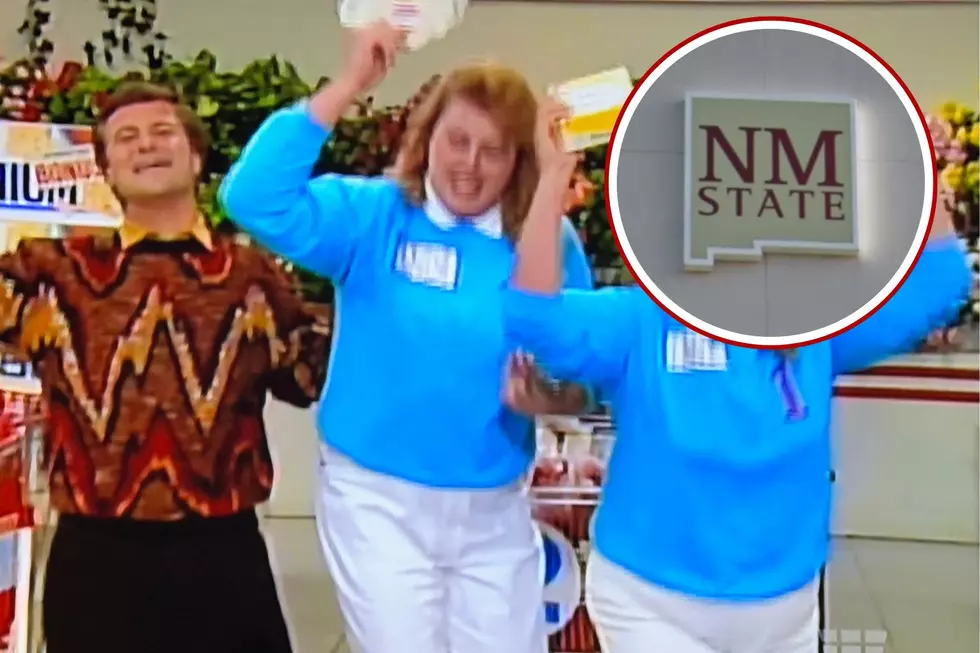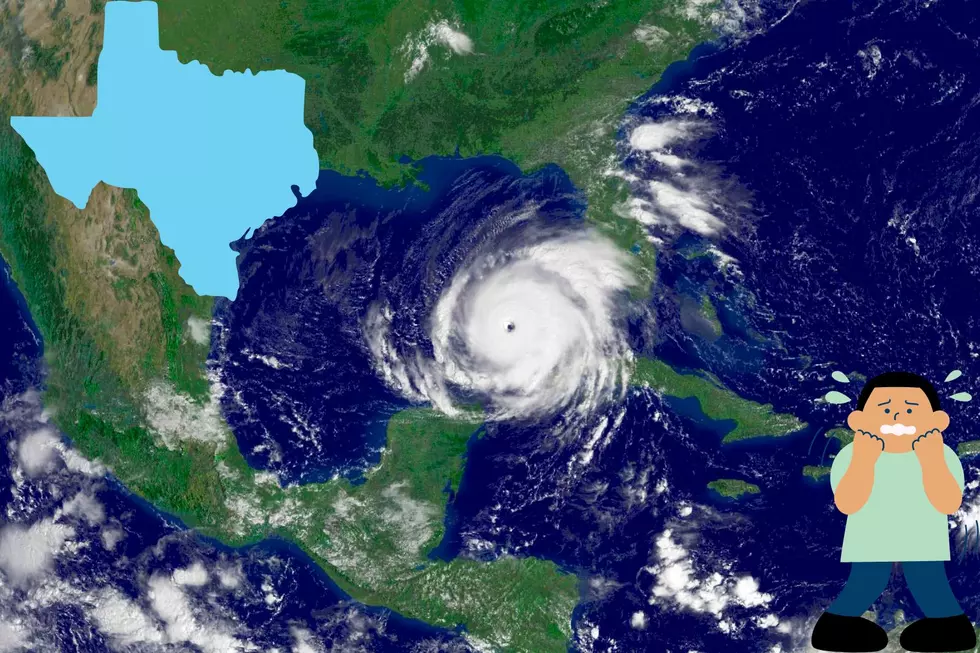
What Kind of Weather Can We Expect in El Paso This Summer?
I remember reading the Farmer's Almanac as a kid and looking to see what kind of weather we were in store for that year. But growing up in Portland, I was looking at the winter to see if there was any possible snow days being predicted. Here in El Paso I'm looking for what we can expect for the summer.
The Old Farmer's Almanac puts EL Paso with the "Desert Southwest Region" which includes Las Vegas, Phoenix, Tucson, and Albuquerque. Here is what we have to look forward to through the month of June:
- May 21 - 31: Isolated thunderstorms, turning cooler
- June 1 - 8: Sunny, Cool
- June 9 - 14: Sunny, Hot
- June 15 - 22: Isolated thunderstorms, hot
- June 23 - 30: Scattered thunderstorms, warm
Here is what it also has for the rest of year:
April and May will be cooler than normal in the east and warmer in the west, with above-normal rainfall. Summer will be cooler than normal, with near-normal rainfall. The hottest periods will occur in mid-June and late August. September and October will be cooler than normal, with near- to slightly above-normal precipitation.
Whew! Anyone else feeling pretty good about that forecast? Of course, that could mean we get a horrible, sweltering hot summer. But compared to the past few summers, it would take a lot to get worse. We have had a large number of triple digit days recently in El Paso. CLICK HERE to check out an article I did last year about the summer heat and how many times El Paso hit 100 plus degrees.
LOOK: The most expensive weather and climate disasters in recent decades
More From KLAQ El Paso









